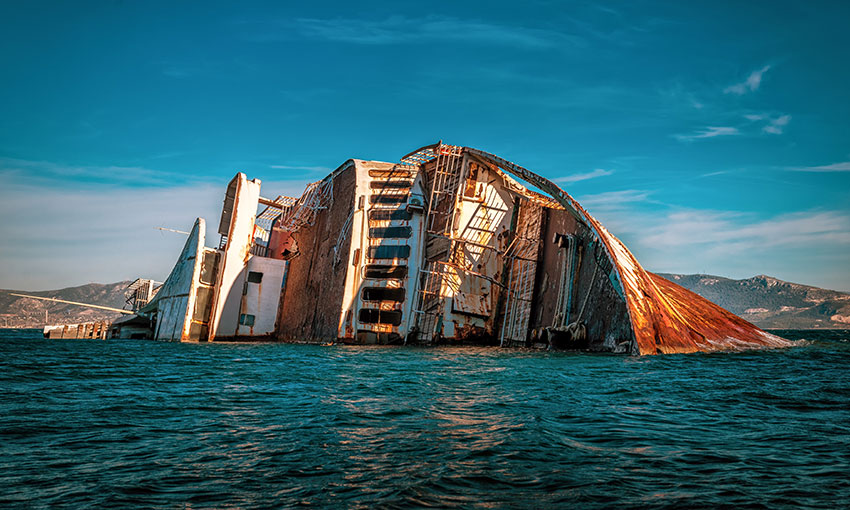SEVERAL organisations, including the International Chamber of Shipping, are working to revamp the Lloyds Open Form contract for vessel salvage in response to declining use by the maritime community.
The work focuses on three areas. The first area is to examine costs and awards (to address a market perception that the LOF system is expensive); the second to raise the profile of the LOF in the Far East and Asia, where it is rarely used; and the third to position salvage in the context of the environmental, social, and governance movement that is gathering speed.
ICS principal director legal Kiran Khosla said, “The LOF is a prime example of a tool designed to save lives and avoid damage to the environment and is therefore extremely relevant from an ESG perspective”.
The changes are designed to reignite demand for the LOF, which is losing momentum.
International Union of Marine Insurance chair and Gard AS senior claims executive Nick Coleman said, “Some underwriters have been using other contracts as they feel LOF can give rise to unjustly high salvage awards that can be avoided through other contractual mechanisms”.
Mr Coleman said there have also been fewer incidents, which may account for the reduced usage of the LOF.
International Salvage Union president and Resolve Marine director Captain Nicholas Sloane said the LOF is being judged unjustly.
“The LOF is a document produced by property interests and underwriters to support them in their time of need – and was not produced by the salvors,” he said.
Although Mr Sloane agrees the LOF is due to evolve to meet client needs, he said this must be accompanied by clear information about the benefits of using the form as there is “a lack of understanding and appreciation of the award/settlement process and procedures”.
Both Mr Sloane and Mr Coleman believe the form revamp is timely given the adoption of alternative fuels by the global fleet.
“In the first big casualties – with fuel being leaked or batteries on fire – there would be no idea of how long a salvage operation will go on or what assets will be required, so this uncertainty may make the LOF more popular in the short term,” Mr Coleman said.
Mr Sloane said there is a need for a quick, professional response to incidents involving new-generation vessels and green cargoes.
“The intervention of professionals becomes even more critical since salvors deal with these scenarios weekly, whereas the local coastal state may be experiencing a disaster of this magnitude for the first time,” he said.





